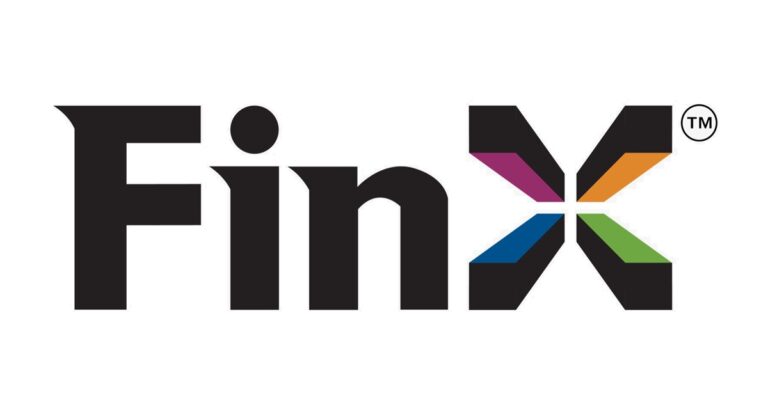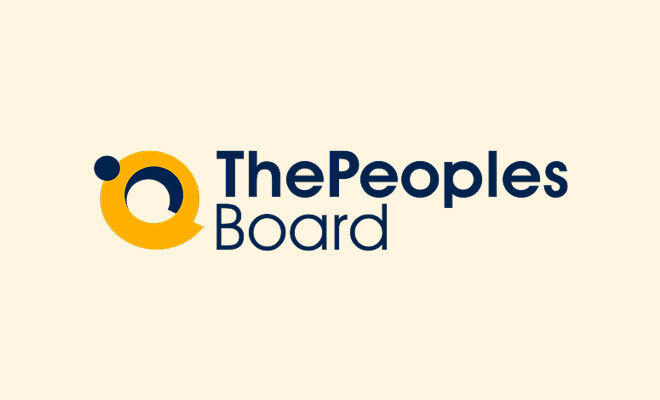Nowadays, data drives decision-making, human resource (HR) functions are no exception. In fact, companies across India are using data analytics to enhance recruitment, improve employee engagement, and optimize workforce management.
This growing reliance on data has led to the rise of HR data analysts, who blend HR expertise with analytical skills to turn data into actionable insights. For Indian HR professionals, this field offers a rewarding opportunity to stay relevant in a rapidly evolving job market.
This article provides a roadmap on how to become an HR data analyst and highlights why this career path is worth pursuing.
What is an HR Data Analyst?
An HR data analyst specializes in collecting, analyzing, and interpreting workforce data to support HR strategies and business goals. They work on:
- Identifying trends in recruitment, retention, and turnover.
- Assessing employee engagement and performance metrics.
- Forecasting workforce needs and planning budgets.
- Ensuring compliance with labor laws through data-driven monitoring.
Their ultimate goal is to use data insights to make informed decisions that enhance the organization’s efficiency and employee satisfaction.
Why Become an HR Data Analyst?
High Demand for Data-Driven HR
As Indian businesses embrace digital transformation, HR analytics has become critical to strategic decision-making. The demand for HR data analysts is growing across industries, from IT and banking to startups and e-commerce.
Career Growth Opportunities
HR data analysts often progress into roles like HR analytics manager, workforce planning specialist, or even chief data officer.
Diverse Applications
From enhancing talent acquisition to reducing employee attrition, HR analytics has applications across every HR function, making it a dynamic and fulfilling career.
Competitive Salaries
With specialized skills in both HR and analytics, HR data analysts command competitive salaries. In India, entry-level roles can start at ₹5-7 lakhs per annum, with experienced professionals earning upwards of ₹15-20 lakhs annually.
Skills Required for an HR Data Analyst
To excel as an HR data analyst, you’ll need a combination of HR expertise and technical skills:
HR Knowledge
- Familiarity with HR processes like recruitment, performance management, and employee engagement.
- Understanding of compliance requirements under Indian labor laws, such as the Factories Act, 1948 and Employees’ Provident Fund Act, 1952.
Analytical Skills
- Ability to analyze large datasets to identify patterns and trends.
- Problem-solving skills to translate data insights into actionable strategies.
Technical Proficiency
- Expertise in tools like Excel, Tableau, and Power BI for data visualization.
- Knowledge of statistical programming languages like R or Python.
- Experience with HR software such as SAP SuccessFactors, Oracle HCM, or Darwinbox.
Communication Skills
- Ability to present data insights clearly and persuasively to stakeholders.
Attention to Detail
- Accuracy is critical when dealing with large volumes of data.
Steps to Become an HR Data Analyst
Build a Strong Foundation in HR
Start your career in general HR roles to understand the basics of human resource management. This experience will provide valuable context when analyzing HR data.
Learn Data Analytics
- Online Courses: Platforms like Coursera, edX, and Udemy offer courses in HR analytics, data visualization, and statistical analysis. Consider starting with programs like People Analytics by Wharton or HR Analytics in Practice by AIHR.
- Certifications:
- Certified People Analytics Specialist (CPAS) by NHRDN.
- HR Analytics Certification by XLRI or IIMs.
- Microsoft Power BI or Tableau certifications.
Master Data Tools and Software
Familiarize yourself with tools like:
- Excel: For data organization and basic analysis.
- Tableau and Power BI: For data visualization.
- Python or R: For advanced statistical analysis.
- HRMS Tools: Learn HR-specific platforms used in Indian companies, such as Keka, Zoho People, and greytHR.
Gain Practical Experience
- Volunteer for data-related projects in your current HR role, such as analyzing recruitment metrics or studying employee turnover trends.
- Apply for internships or part-time roles focused on HR analytics.
Stay Updated on Trends
Follow industry reports and participate in HR analytics webinars or conferences, such as those organized by SHRM India or NASSCOM.
Network with Professionals
Join LinkedIn groups, attend HR meetups, and connect with HR analytics practitioners to gain insights and opportunities in the field.
Apply for Dedicated Roles
Once you have the necessary skills, look for roles like HR Data Analyst, People Analytics Specialist, or Workforce Planning Analyst in Indian companies.
Applications of HR Analytics in Indian Organizations
- Recruitment Optimization: Analyze sourcing channels, time-to-hire, and cost-per-hire metrics to streamline recruitment.
- Employee Engagement: Use survey data to identify engagement drivers and design targeted interventions.
- Turnover Prediction: Forecast attrition trends by analyzing factors like tenure, performance, and engagement.
- Compliance Monitoring: Ensure adherence to Indian labor laws by tracking work hours, payroll accuracy, and benefits disbursement.
- Diversity and Inclusion: Measure diversity metrics to create a more inclusive workplace.
Challenges in HR Data Analytics
- Data Accuracy: Ensuring clean and reliable data can be a challenge, especially in organizations with outdated systems.
- Privacy Concerns: Maintaining employee data confidentiality while analyzing sensitive information is critical.
- Lack of Awareness: In many Indian companies, HR analytics is still an emerging function, and convincing leadership of its value can be a hurdle.
Opportunities for HR Data Analysts in India
With India’s rapid adoption of digital technologies, the demand for HR data analysts is on the rise. Industries like IT, healthcare, banking, and e-commerce are particularly keen on leveraging analytics to drive HR strategies. Additionally, government initiatives like Digital India and the growing startup ecosystem provide ample opportunities for HR analytics professionals.
Conclusion
Becoming an HR data analyst is an excellent career choice for HR professionals in India who wish to stay ahead in a data-driven world. By building a strong foundation in HR, acquiring analytical skills, and mastering data tools, you can position yourself as a valuable asset to any organization.
This specialization not only enhances your career prospects but also allows you to make a tangible impact on organizational success and employee satisfaction. With dedication, continuous learning, and practical experience, you can become an expert in HR data analytics and thrive in this exciting field.




